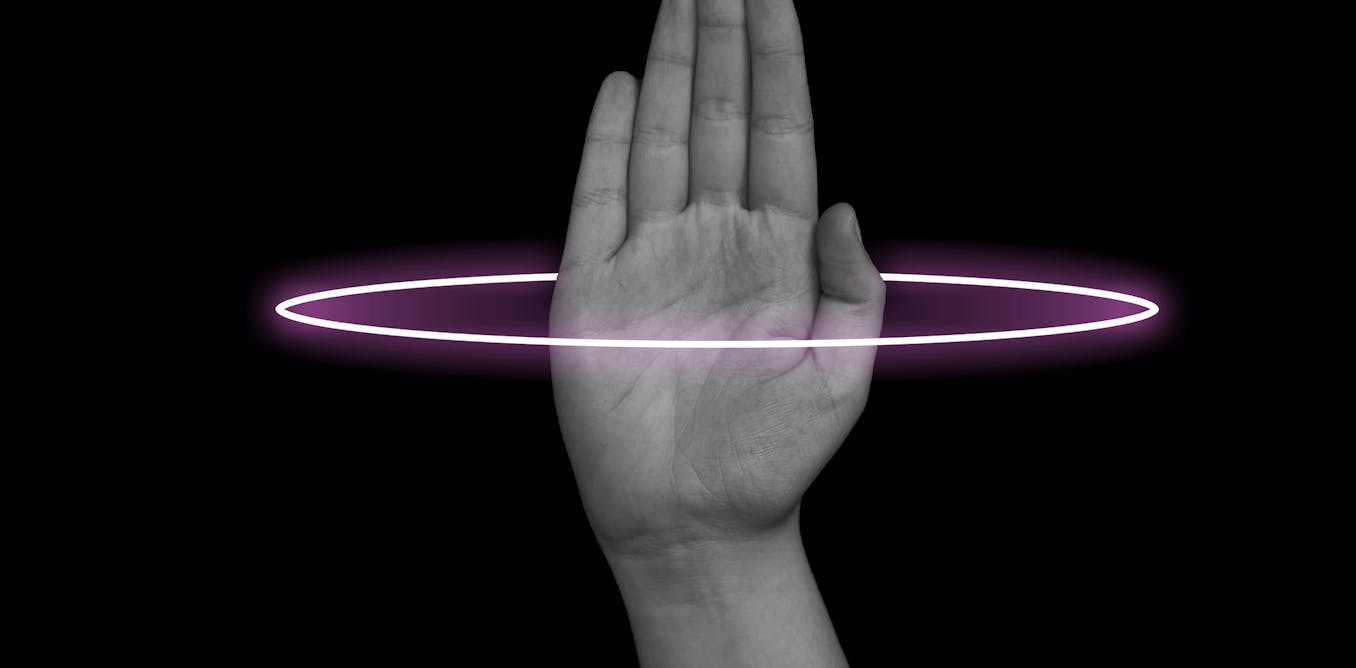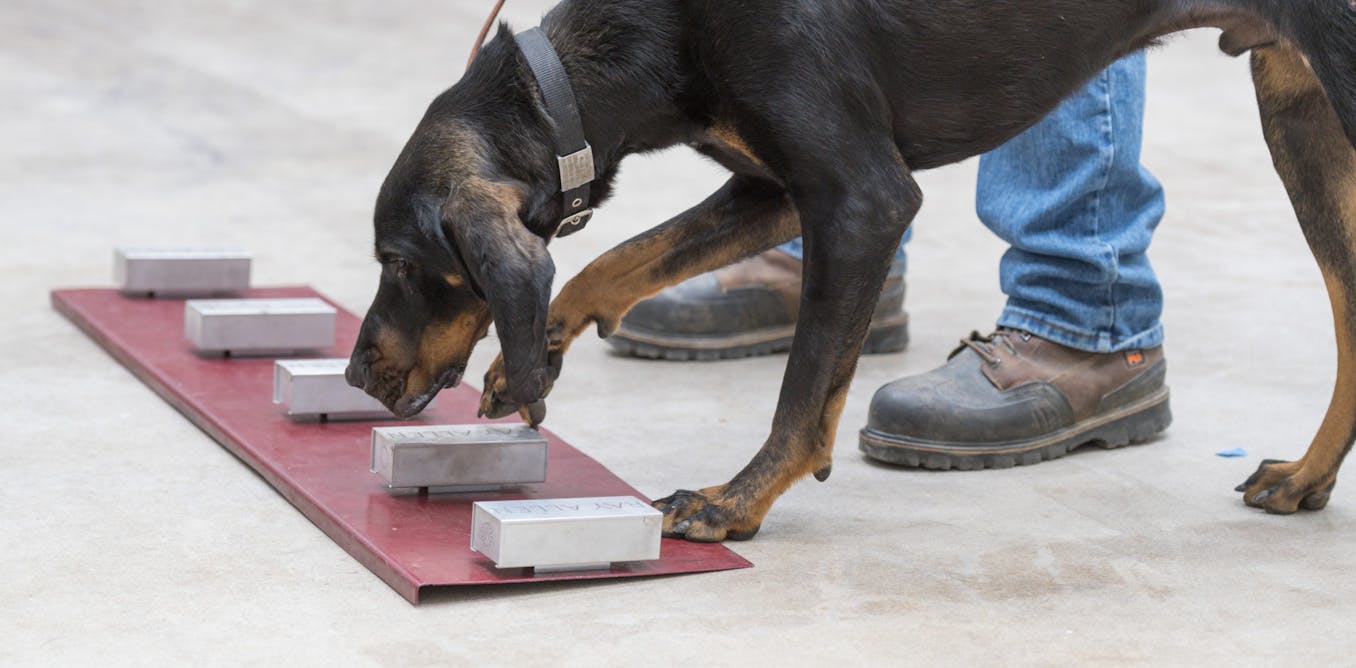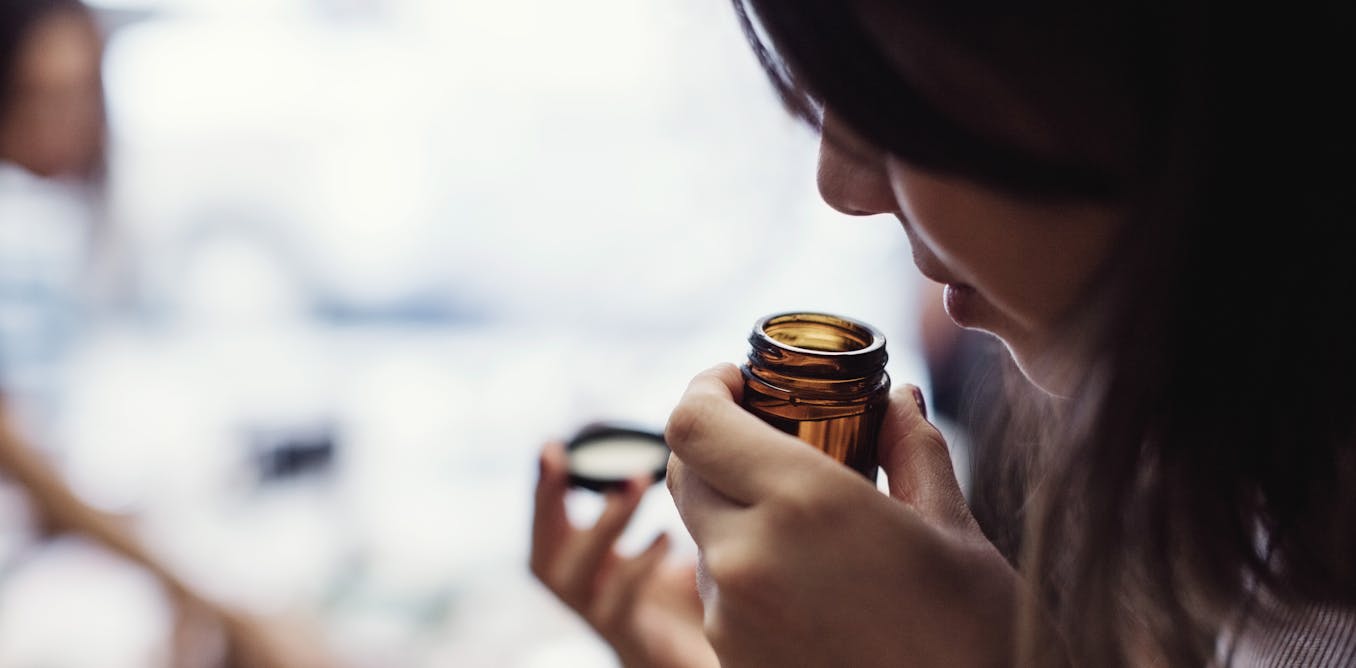Your unique body odor could identify who you are and provide insights into your health – all from the touch of a hand
Human scent could one day be used as evidence in forensics and as diagnostic information in medicine.
Vidia A. Gokool, Postdoctoral Researcher, Lawrence Livermore National Laboratory •
conversation
Sept. 20, 2023 • ~8 min
Sept. 20, 2023 • ~8 min





